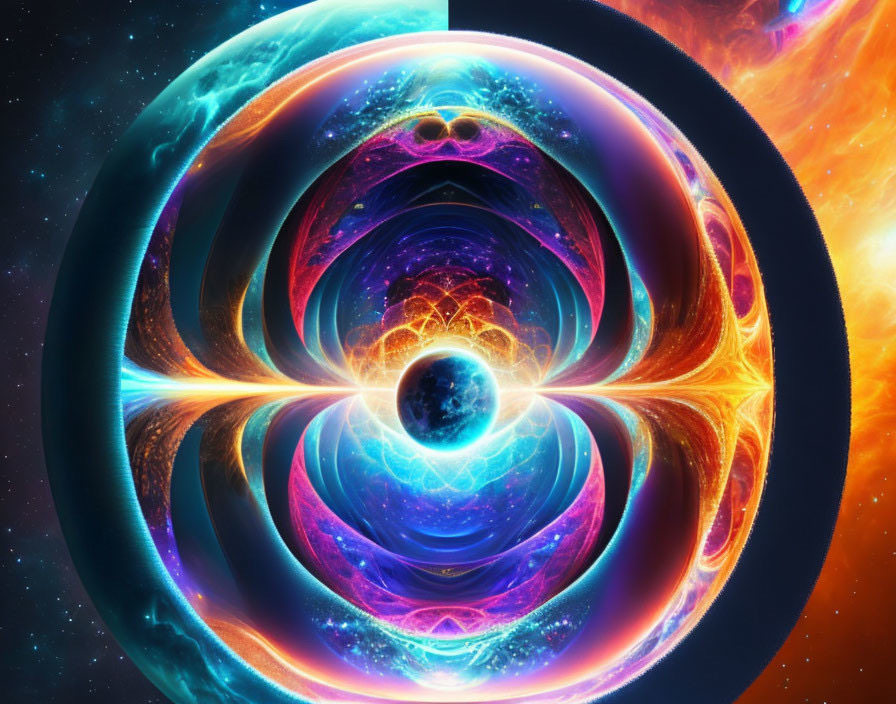In the realm of physics and beyond, the concept of information has evolved to become a cornerstone of modern understanding, particularly when discussing closed systems. Unlike matter and energy, which are often the primary focus in discussions of physical systems, information possesses a unique and somewhat ethereal quality. It is neither created nor destroyed but merely transformed, echoing the principles of thermodynamics but with a fascinating twist. This blog post delves into the immortal nature of information in closed systems and explores why information might be considered a form of energy that transcends our traditional understanding.
At the heart of this exploration is the second law of thermodynamics, which states that the total entropy (disorder) of a closed system can never decrease over time. Information, in this context, can be seen as a measure of order or organization within a system. It is a way to quantify the patterns, structures, and relationships that exist among the system’s components. Claude Shannon, often hailed as the father of information theory, introduced a mathematical framework for understanding information, highlighting its role in reducing uncertainty or entropy within a system.
One of the most compelling illustrations of the immortal nature of information comes from black hole physics. Stephen Hawking’s work suggested that black holes are not the information-destroying entities they were once thought to be. Instead, the information about the matter that falls into a black hole is somehow preserved, albeit in a transformed state. This revelation has profound implications, suggesting that information, much like energy, cannot be destroyed but is instead an immutable, immortal component of the universe.
The principle of information conservation in closed systems implies that the universe retains a record of all its past states. In a very real sense, the universe is a vast repository of information, with each particle, wave, and quantum state contributing to this cosmic ledger. This perspective opens up intriguing possibilities, particularly in the fields of quantum computing and cryptography, where information’s fundamental properties are harnessed in new and innovative ways.
Moreover, the concept that information is energy comes from the realization that manipulating information—storing, retrieving, or changing it—requires energy. This interdependence between information and energy further cements the idea that information behaves much like a form of energy within closed systems. It can be transformed, transferred, and conserved, but it cannot be created from nothing or reduced to nothing.
In the digital age, the idea that “information is energy” takes on a new dimension. Our society’s relentless consumption and generation of digital information underscore the tangible impact that information has on the world. It drives technologies, influences behaviors, and even has a measurable physical footprint in the form of data centers consuming vast amounts of energy.
In conclusion, the concept of information as an immortal form of energy within closed systems challenges our traditional notions of physical reality. It bridges the gap between the tangible and intangible, offering a glimpse into the profound interconnectedness of the universe. As we continue to unravel the mysteries of information, we may find that it holds the key to understanding not just the physical world but the essence of existence itself.

